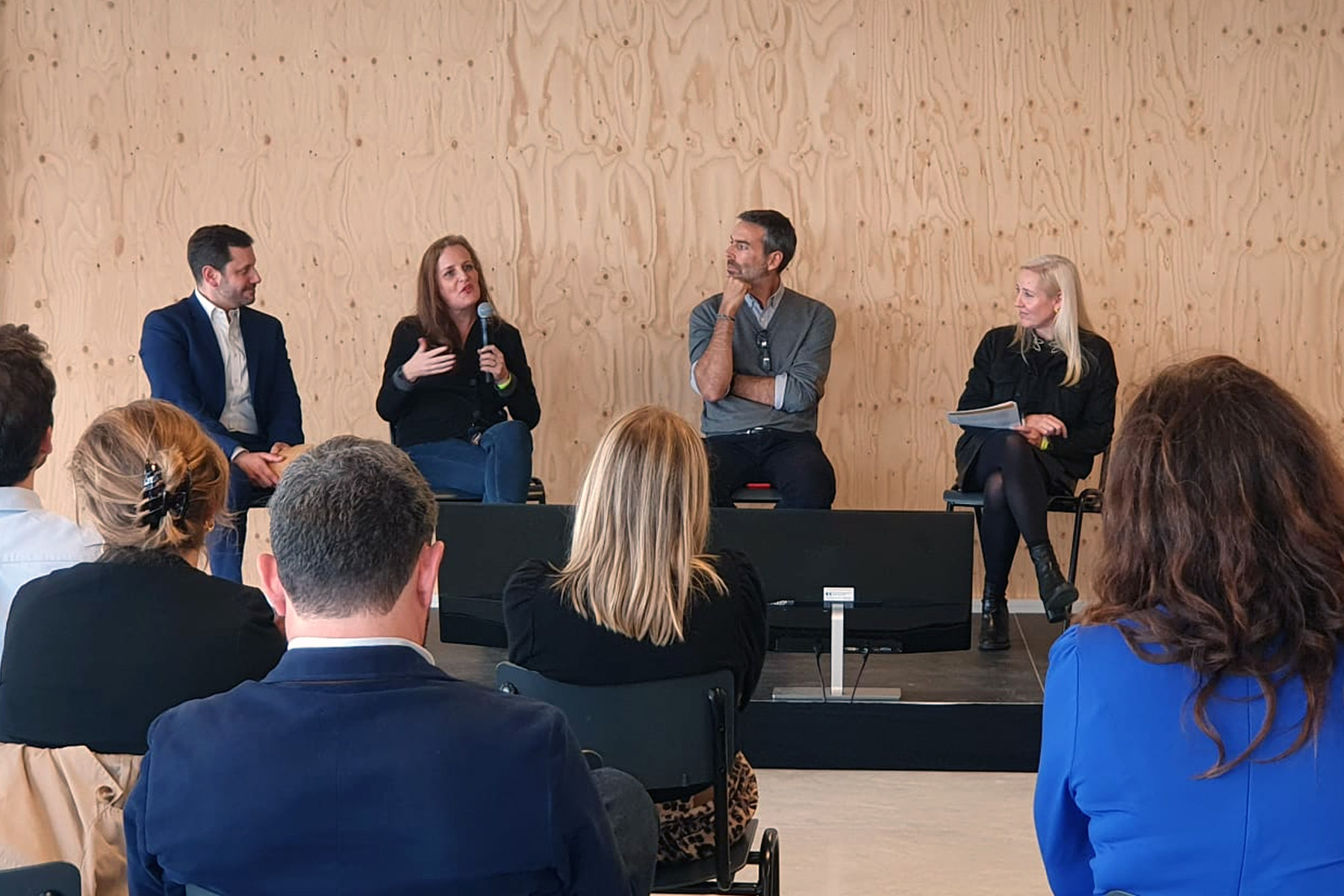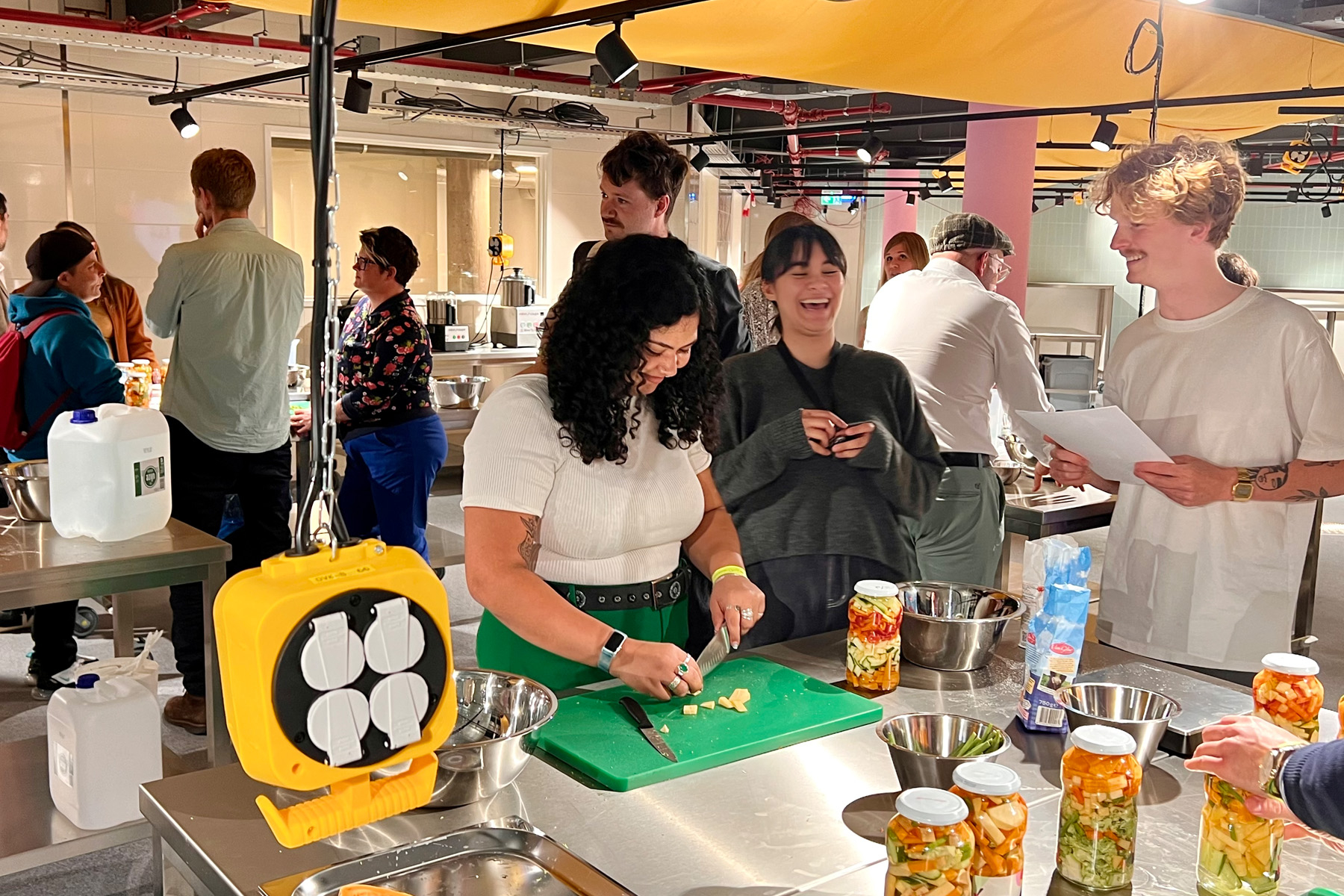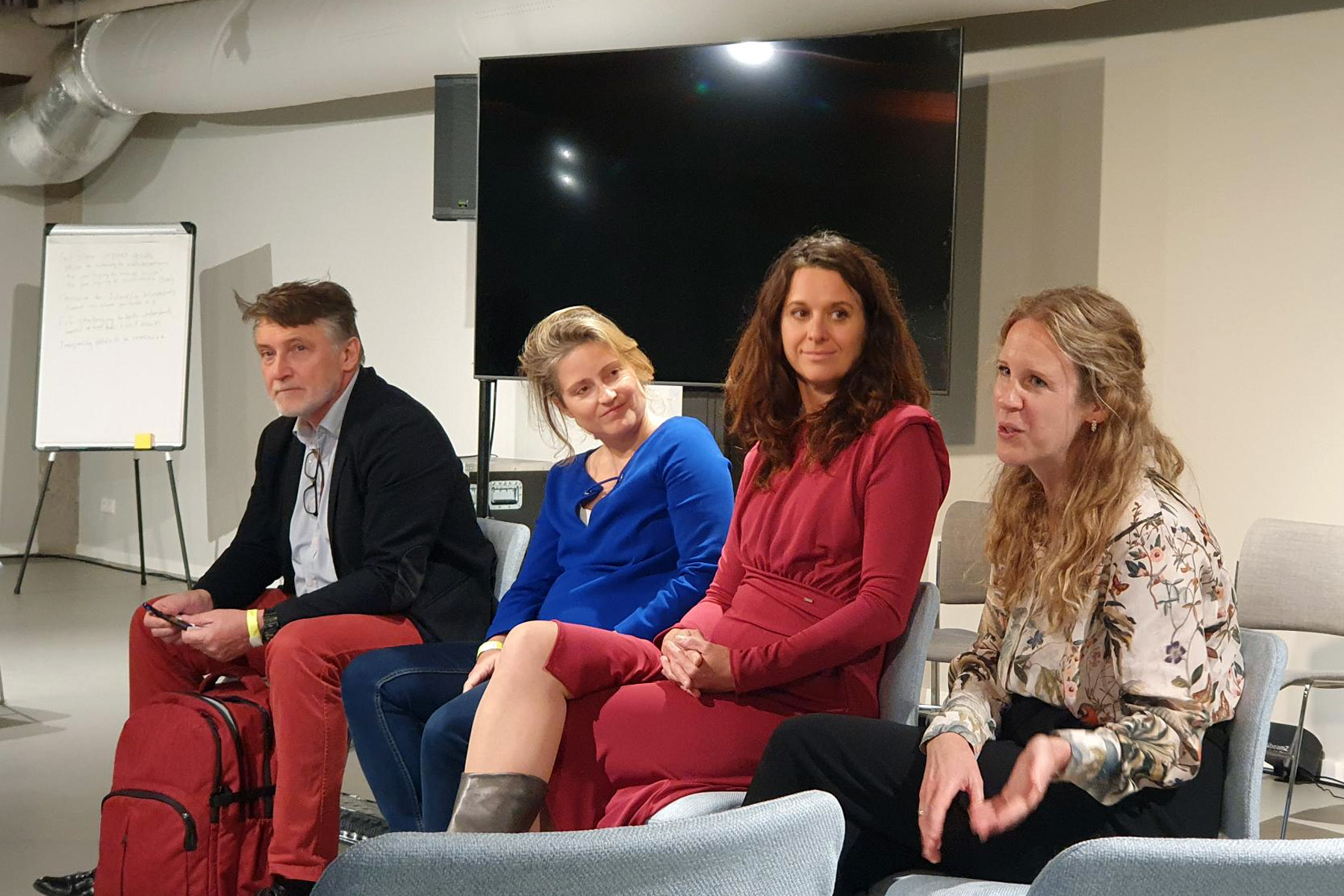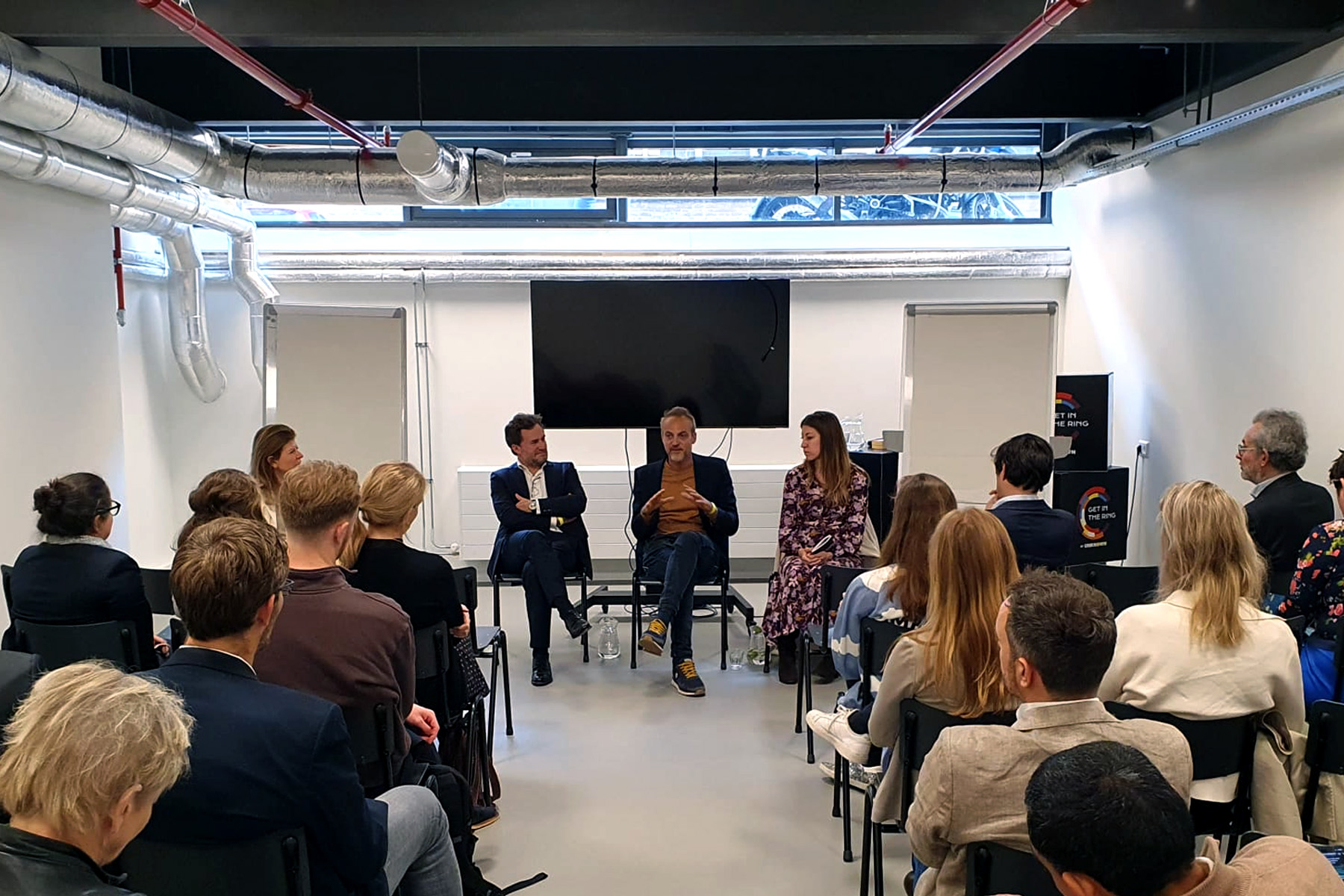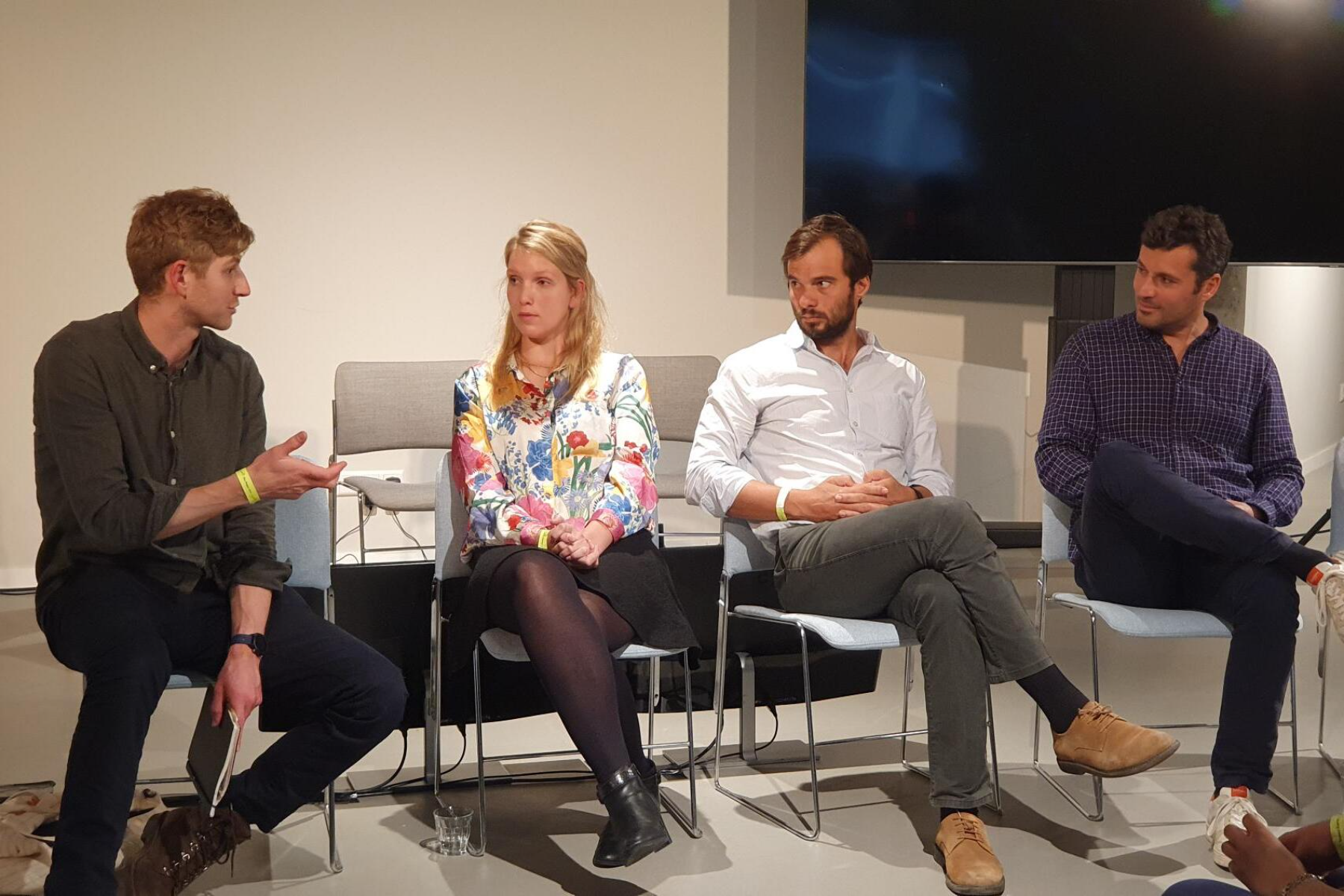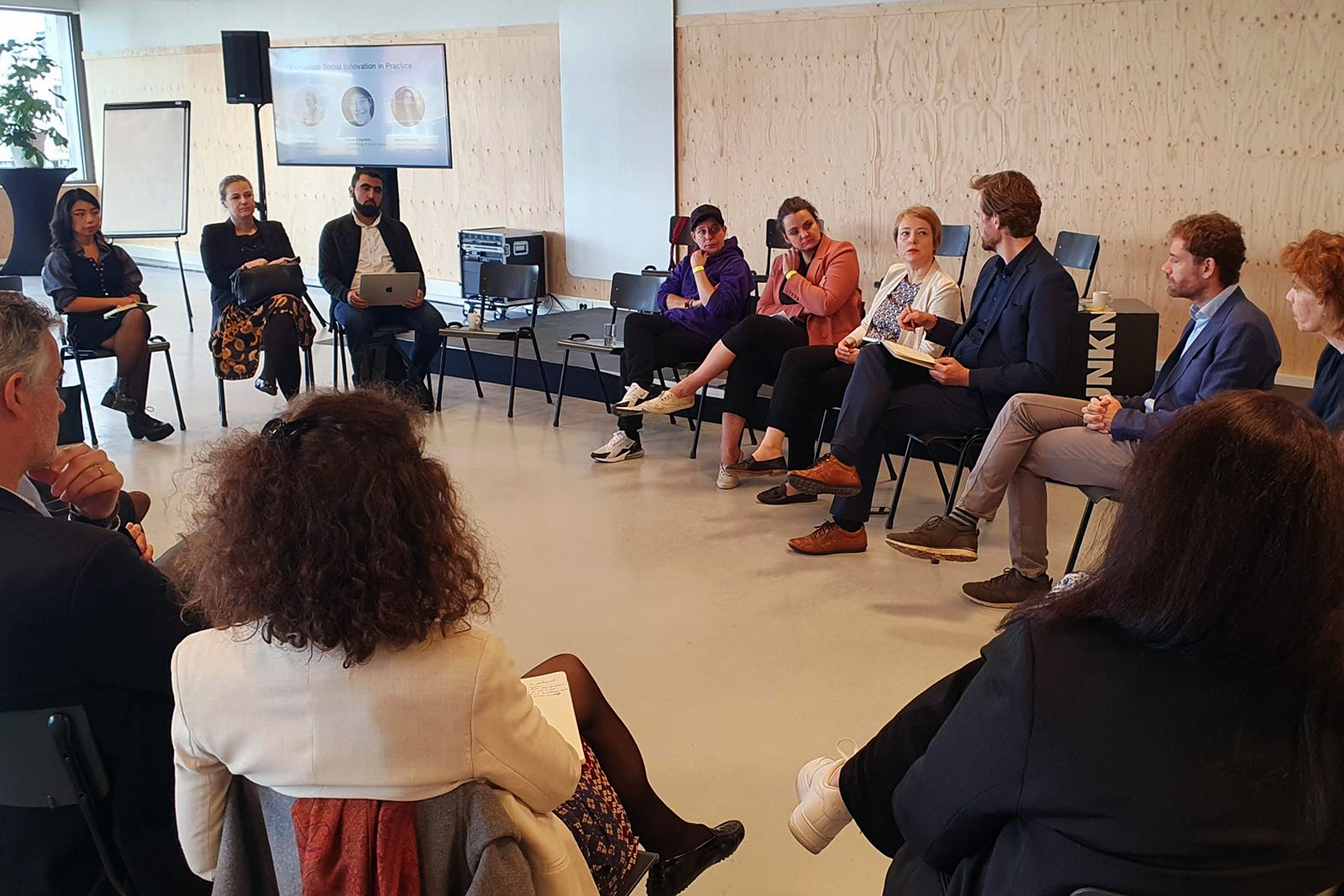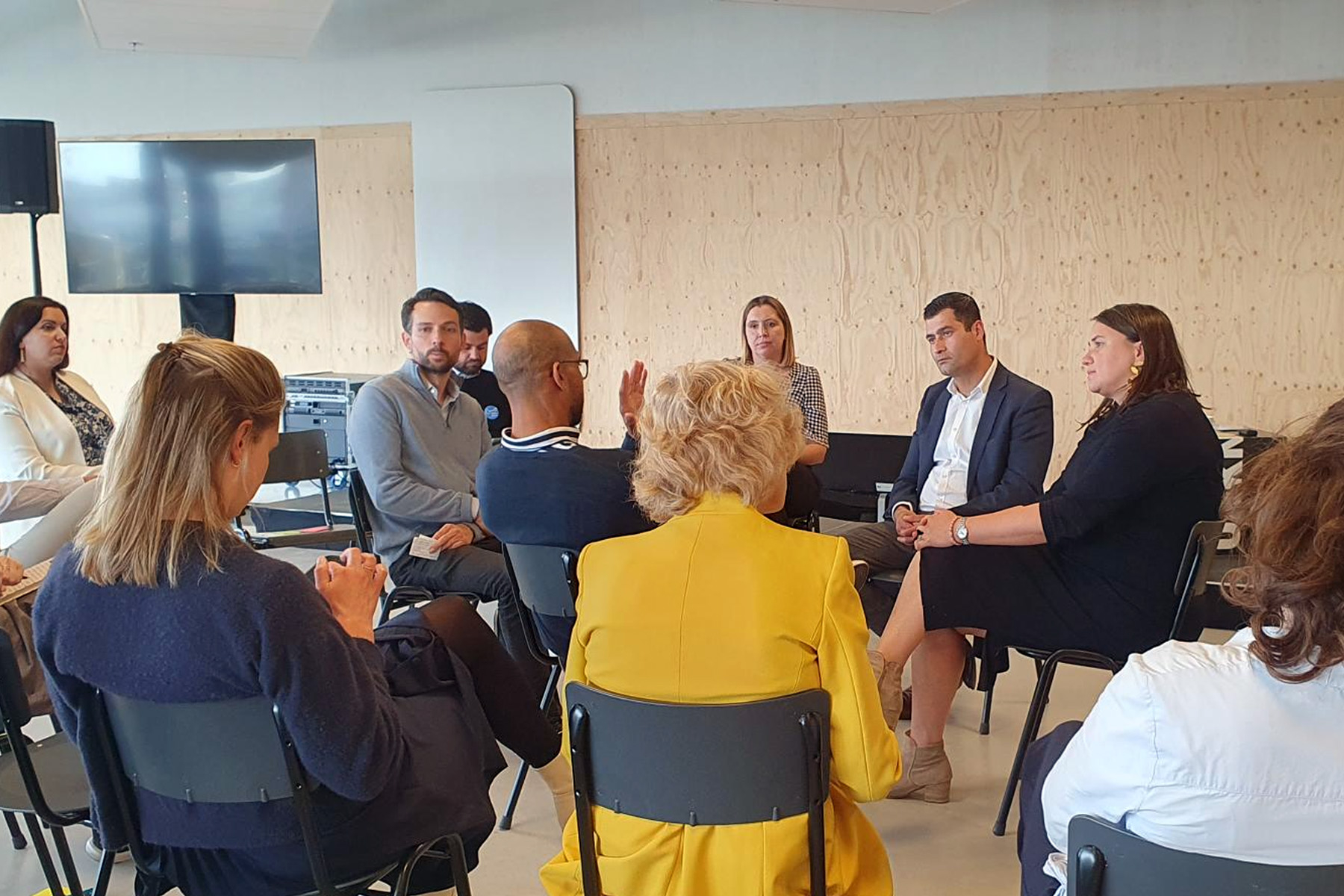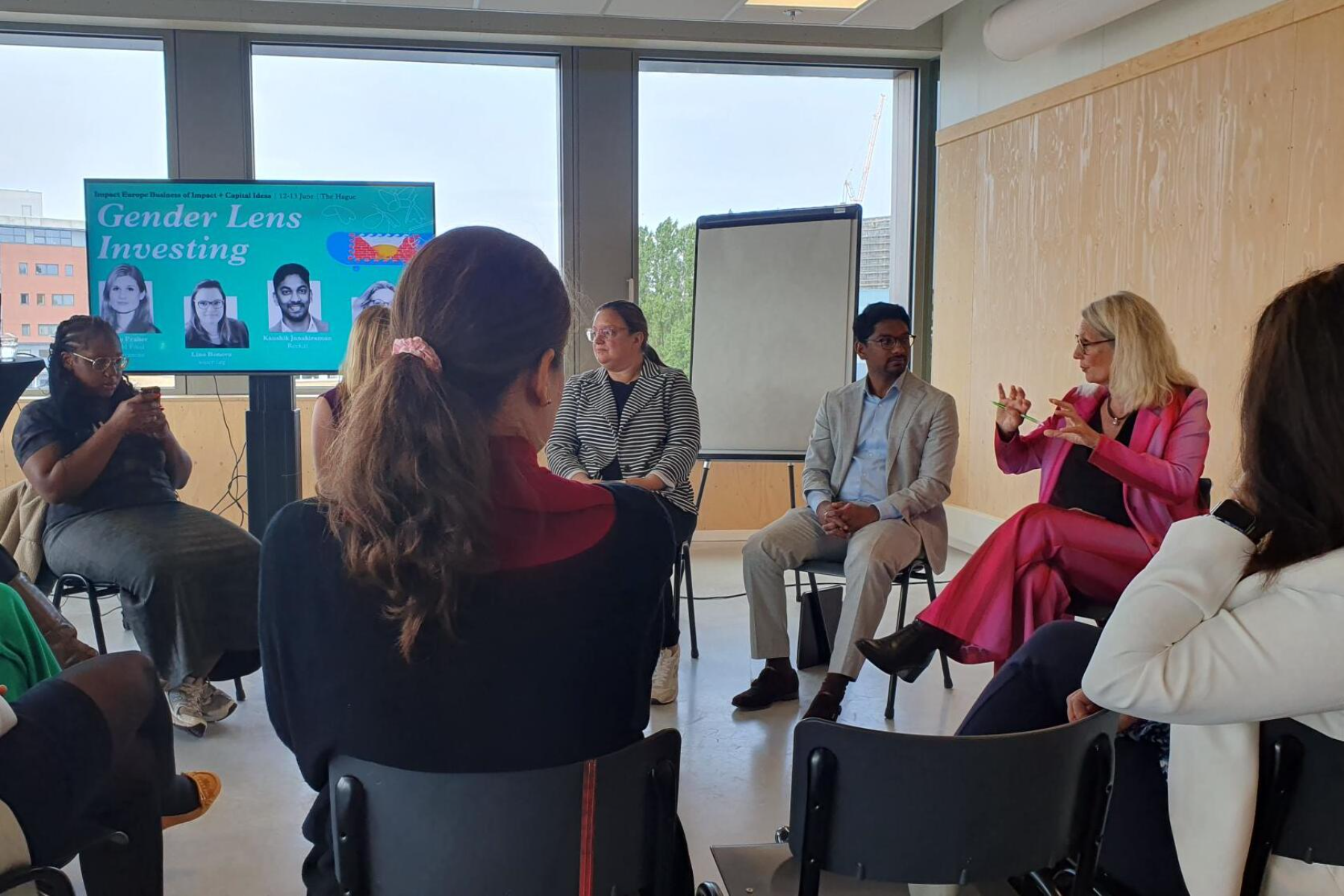Is Climate a Social Issue?
Following 2024's Business of Impact/Capital Ideas in The Hague, we share key takeaways and insights for the impact community. In this instalment, we go into a brief interview with Better Society Capital's James Burrows to debate the question whether climate is a social issue, too.
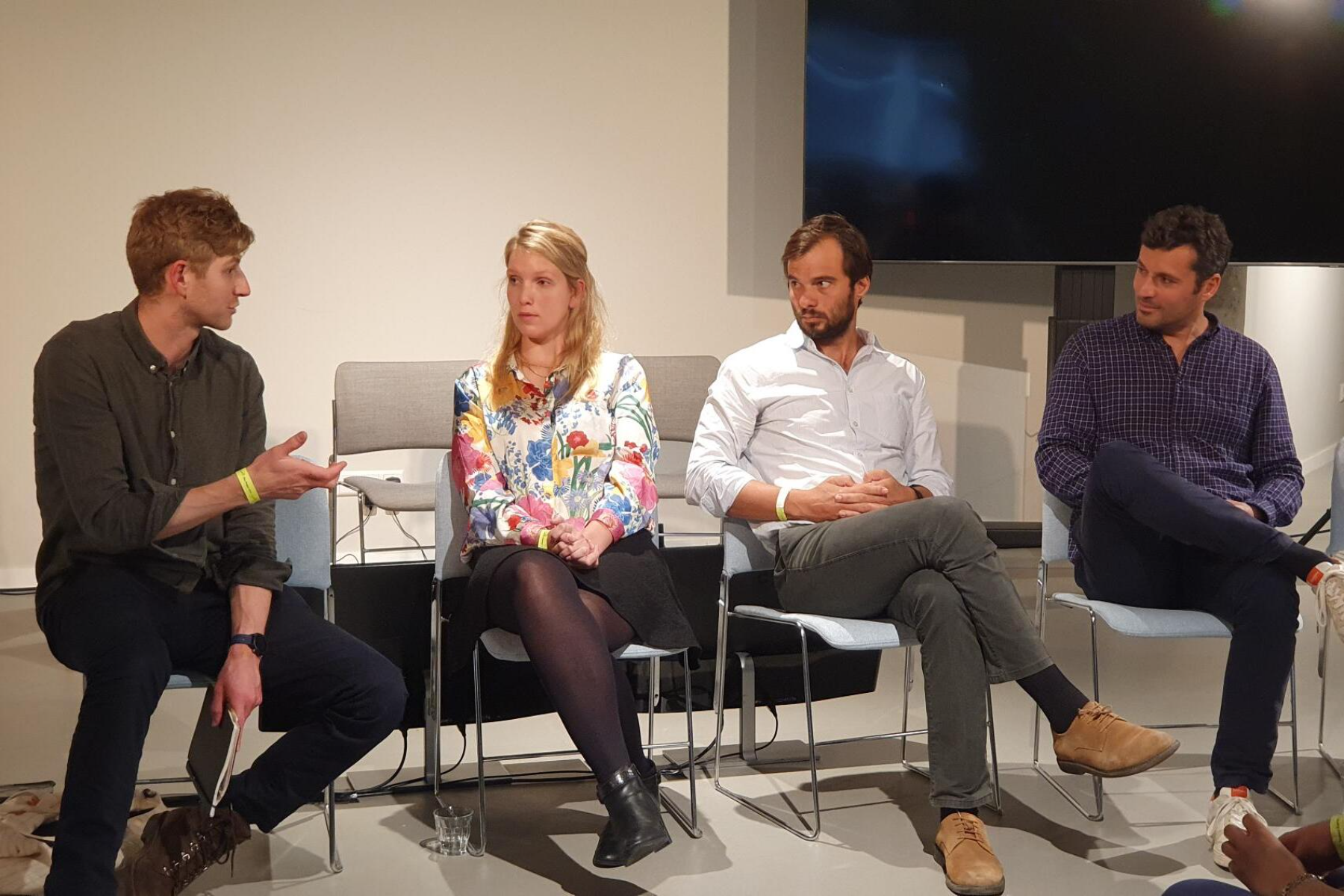
One of the attendees of Business of Impact/Capital Ideas is James Burrows. For the last ten years, he’s been a part of the investment team at UK-based Better Society Capital, formerly known as Big Society Capital. We meet up with James the day after he co-hosted a session at the event that asked participants a slightly tantalizing question: is climate a social issue?
So, James, having had your session – is climate a social issue? What is your perspective?
Well, I think the trick here is that it is a false question. What we tried to instill in people during our discussion, is that we very easily resort to thinking in binaries. We break things down into our little silos that we can make sense of, because we like to simplify. However, all of the planetary issues we face are also people issues – the way we engage in our relationship to nature and the world around us are interlinked, inextricably. Going into the session, we expected to have a green wing one one side, and a more social one on the other side of the discussion. But interestingly, a lot of people were already starting to look for the middle ground because of what they observed in their own practice.
How do you create synergies between these two fields, that are typically approached separately?
We had a few people on the panel who shared some examples of situations in which they invested into organizations and projects for either climate reasons or social reasons, only to realize the connection between the two along the way. In the U.K., for instance, there is the example of investments in organizations and institutions that are in possession of buildings that are very old and lacking in terms of energy resilience. What we saw was that typically, these buildings are occupied by vulnerable communities in the country, meaning that the right financing solution could both improve the environmental picture and the living conditions of these families. Other examples focused on the links between climate issues and the income situation of people in areas that are affected by them. Those kinds of linkages really help bring the discussion to life.
What was the most surprising takeaway from the discussion for you?
A workshop format is different than a keynote session, in a sense that there is more interaction and it’s less of a one way street. There were a few moments where people brought up elements that were just missing from the discussion initially. We naturally focused on various parts of the just green transition, and typically, for us, this means talking about energy. A couple of people pointed out that in their context, a lot of the issues they face in terms of climate and environment are not necessarily linked with the energy problem. So that, in itself, sparked a whole new conversation that went in a very different and meaningful direction. It brought the overall picture together, which was very helpful.

